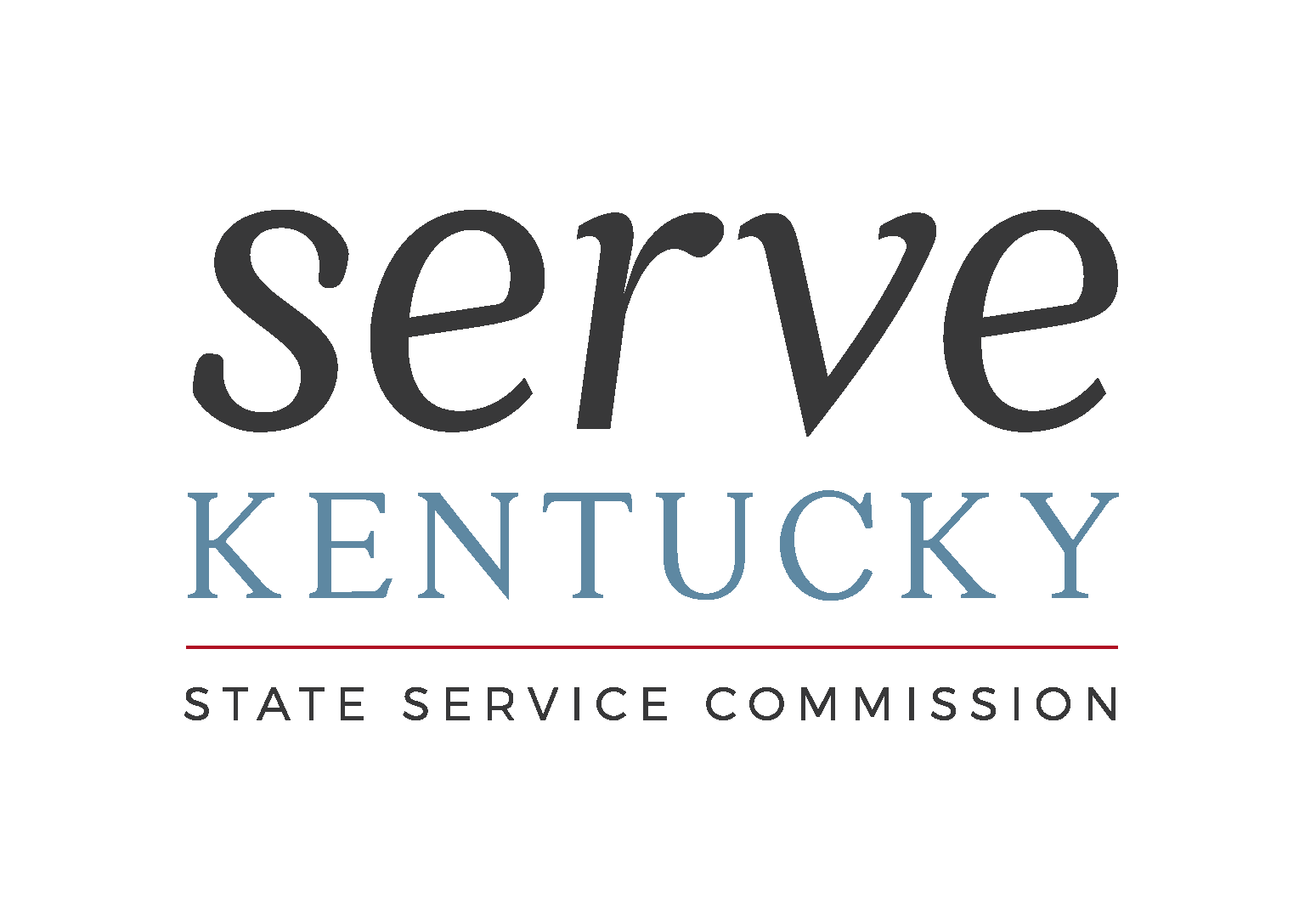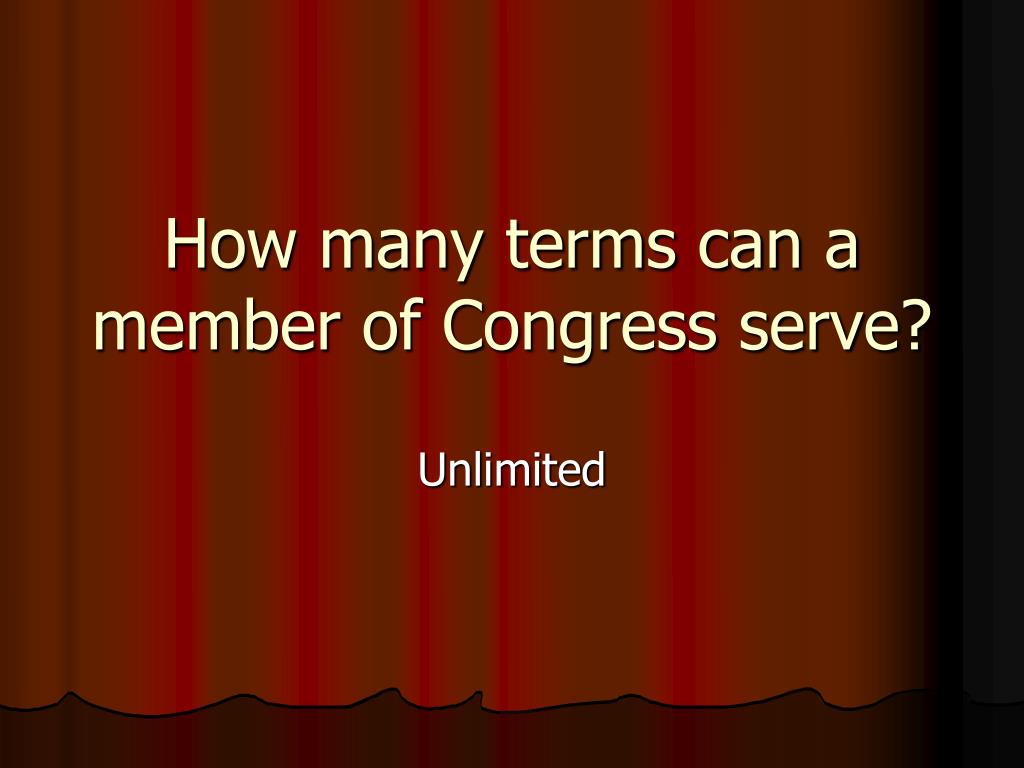How Many Terms Can A Mayor Serve In Missouri

Across Missouri, city halls buzz with activity, fueled by the decisions and leadership of their mayors. But how long can these individuals wield the power of office? The answer, it turns out, is far from uniform, varying widely depending on the specific charter or ordinances governing each municipality.
This article delves into the complex landscape of mayoral term limits in Missouri. Understanding the regulations concerning how long a mayor can serve requires navigating a patchwork of local laws and constitutional provisions. We’ll explore the different types of municipalities, examine relevant legal precedents, and consider the potential impact of term limits on local governance.
Home Rule vs. Statutory Cities
Missouri's cities are classified into different categories, primarily home rule and statutory cities. This distinction is critical when determining term limits. The power of self-governance differs greatly among these city types.
Home rule cities, authorized under the Missouri Constitution, possess a greater degree of autonomy. This grants them the authority to define their own governmental structure and term limits through their charters. Consequently, term limits for mayors in home rule cities can vary considerably, ranging from no limits at all to a specific number of terms.
Statutory cities, on the other hand, operate under the authority granted by state statutes. These cities are subject to state laws that may dictate term limits for elected officials, including the mayor. This dependence on state law often means that term limits, if they exist, are more consistent across different statutory cities.
Constitutional Provisions and State Statutes
While the Missouri Constitution grants home rule authority, it doesn’t explicitly address mayoral term limits. This absence allows individual home rule cities to determine their own regulations.
For statutory cities, relevant Missouri Revised Statutes (RSMo) might indirectly impact term lengths. However, explicit statutes dictating term limits for mayors in *all* statutory cities are rare. The legal landscape often encourages individual cities to establish their own ordinances regulating term limits, regardless of their statutory or home rule status.
It’s important to note that even in the absence of specific term limit laws, other provisions might affect the length of service. Recall elections, for instance, offer a mechanism to remove a mayor before the end of their term, regardless of whether a formal term limit exists.
The Impact of Local Charters and Ordinances
The most crucial factor in determining mayoral term limits in Missouri is the local charter or ordinances of the specific city. These documents, often developed through local referendums or city council decisions, explicitly define the length of terms and any restrictions on re-election.
To understand term limits in a particular city, reviewing its charter or municipal code is essential. These documents are typically available on the city's website or through the city clerk's office. These resources offer definitive answers regarding mayoral term limits.
Cities like Kansas City and St. Louis, operating under home rule charters, have their own unique provisions. While some cities might impose a two-term limit, others could allow mayors to serve for an indefinite number of terms, as long as they continue to be re-elected.
Arguments For and Against Term Limits
The debate over term limits is often heated, with compelling arguments on both sides. Proponents argue that term limits prevent the concentration of power and reduce the potential for corruption. They believe fresh perspectives and new ideas are essential for effective governance.
Term limits can encourage citizen participation by opening up opportunities for new leaders to emerge. It forces the electorate to re-evaluate the leadership regularly, potentially leading to better representation of the community's needs.
However, opponents of term limits argue that they deprive the city of experienced and effective leaders. They maintain that voters should have the freedom to choose who they want to lead them, regardless of how long they've been in office. Term limits, in this view, can lead to a loss of institutional knowledge and continuity.
Furthermore, critics argue that term limits can empower unelected staff, who retain institutional memory, potentially shifting power away from elected officials accountable to the public. Term limits, some argue, prioritize the mechanics of "new blood" over the value of expertise and tested leadership.
Challenges in Enforcement and Interpretation
Even when term limits are clearly defined, challenges can arise in their enforcement and interpretation. Disputes can occur over what constitutes a "term," particularly if a mayor serves partial terms due to resignations or special elections. Legal battles regarding the interpretation of specific clauses in city charters can also emerge.
For example, questions may arise about whether serving a partial term counts towards the term limit. Or, challenges might occur when individuals step down and then attempt to run again after an intervening term served by someone else.
These ambiguities underscore the importance of clear and unambiguous language in city charters and ordinances. It also highlights the need for consistent legal interpretation to avoid confusion and potential litigation.
Looking Ahead: The Future of Mayoral Term Limits in Missouri
The issue of mayoral term limits in Missouri is likely to remain a topic of debate and discussion. As cities continue to evolve and face new challenges, citizens and policymakers may revisit the appropriateness and effectiveness of existing term limit regulations.
Some cities might consider adopting or modifying term limits to better reflect their unique circumstances and priorities. Others may continue to rely on the existing system, either with or without term limits. Regardless of the specific approach, a thoughtful and informed dialogue is essential to ensure that local governance remains responsive, accountable, and effective.
Ultimately, the decision of whether or not to impose term limits on mayors rests with the individual cities of Missouri. Citizens, policymakers, and legal professionals all play a role in shaping the future of mayoral term limits in the state.
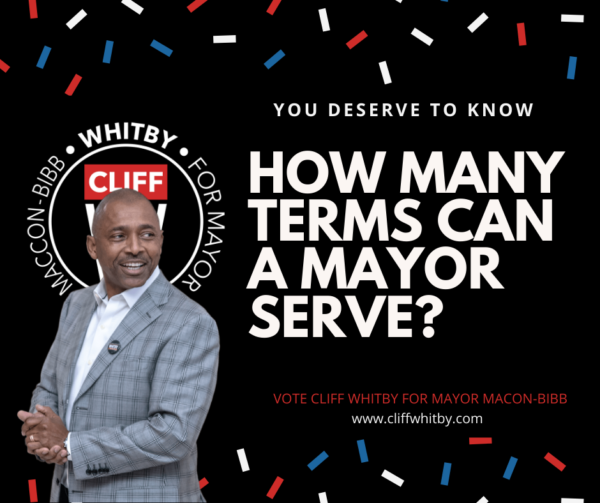


..jpg)
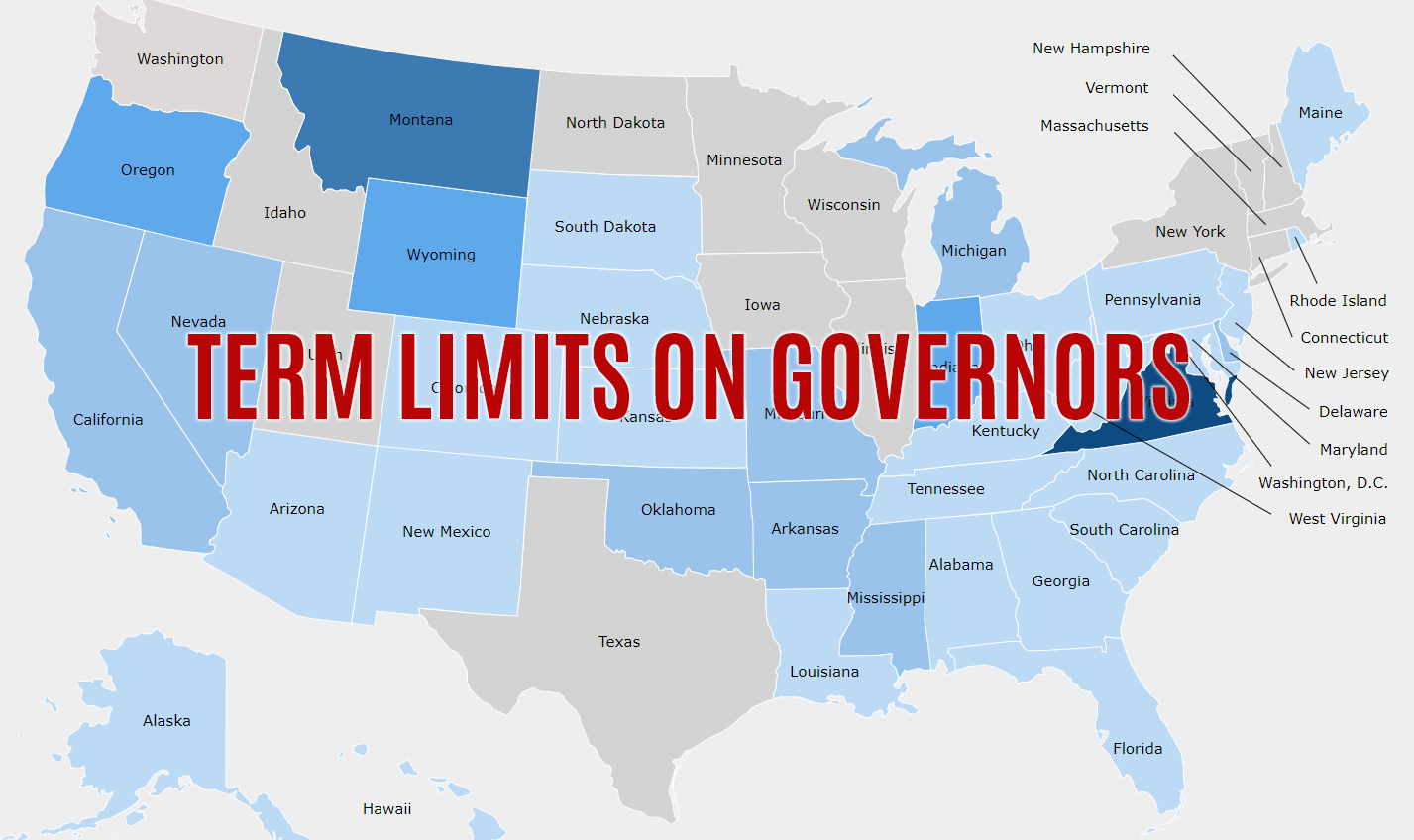
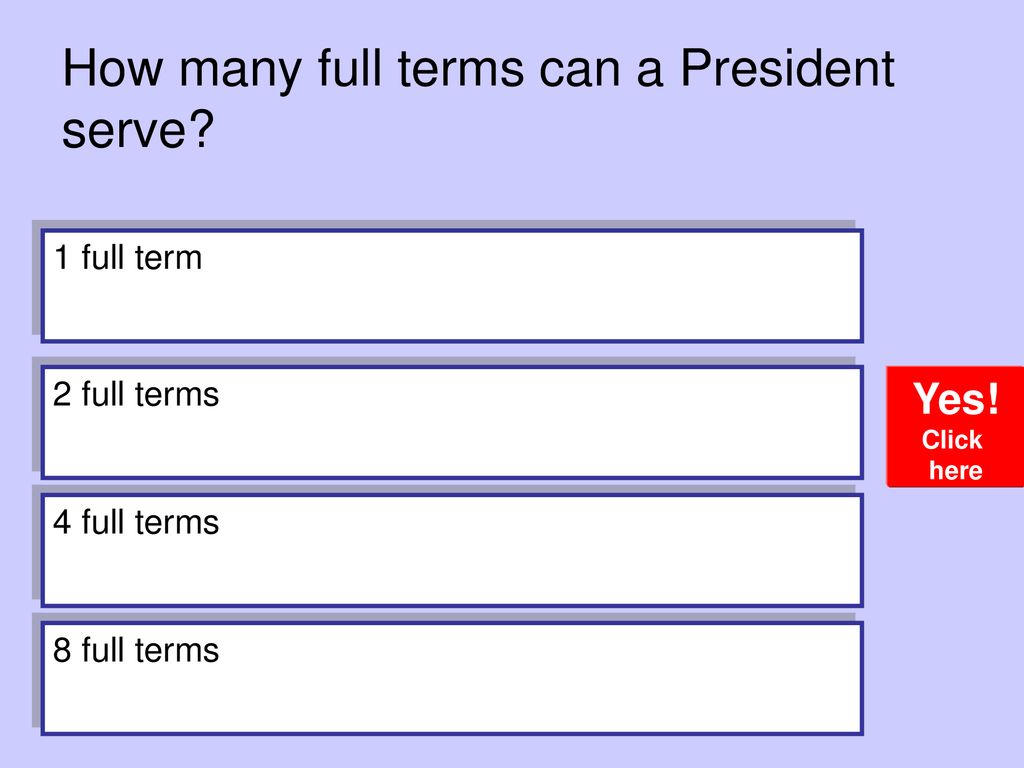




![How Many Terms Can A Mayor Serve In Missouri How Many Terms Can a Mayor Serve in California? [Comprehensive Answer]](https://images.pexels.com/photos/8293750/pexels-photo-8293750.jpeg?auto=compress&cs=tinysrgb&w=1056)

